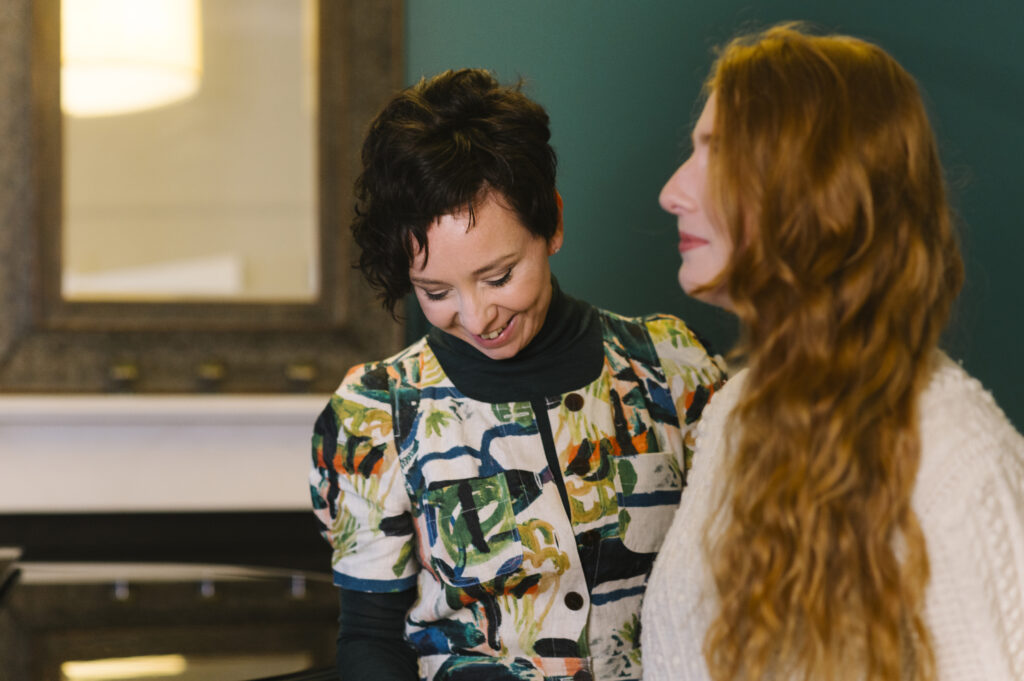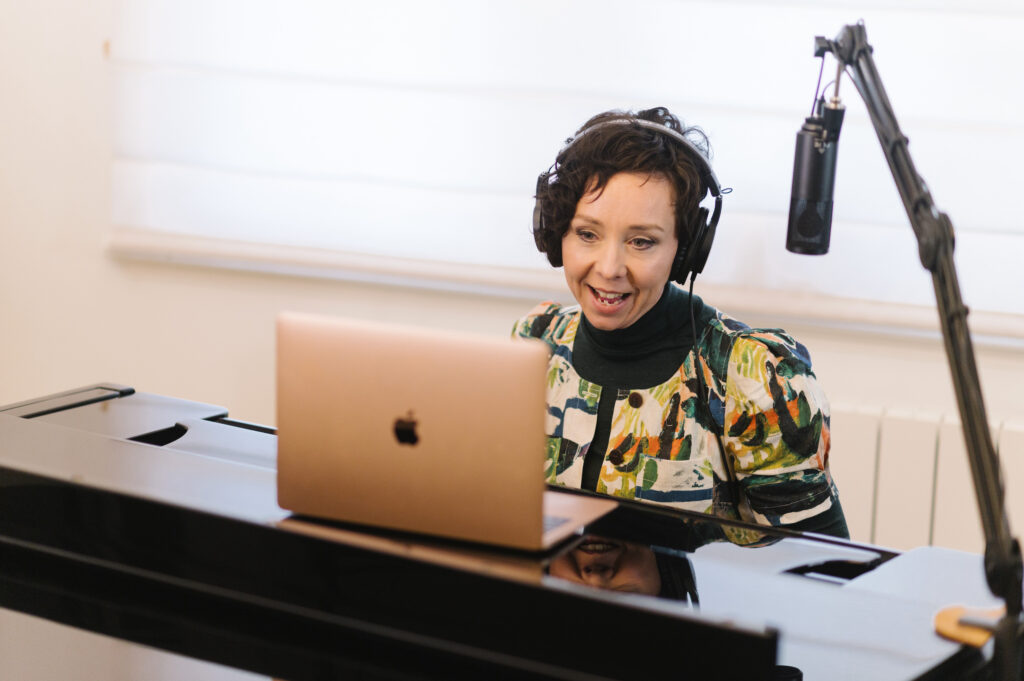I’m starting a series of blogs on Myth Busting… No surprises – the title says exactly that : )
What I’m going to say will have some surprises for some readers. AND some of what I say may rattle a few cages – not intentionally, but Im aware that this territory can be contentious. Im more than willing to stick my head (and reputation) on the line for things that I see as important. It’s also exciting to start dialogue with others who may not agree with me, and may be more knowledgable. This series aims to offer hope to singers who are having (or previously had) voice issues and remove some of the stigma they carry. So now I begin!
MYTH #1 – “If I get my technique correct I will not have to worry about getting a vocal injury”
This comment assumes much, putting emphasis on the idea of good technique being a fail safe. It IS correct to assume that if you are working with a teacher who is well versed in vocal technique and you following their instruction diligently that you should have an excellent foundation behind your singing. But where this comment falls apart is in the assumption that you would be employing this excellent technique at all times you are singing – or even using your voice for speech! Consider the following scenarios and ask yourself at the end, if you could imagine that your good vocal technique is going to safeguard against vocal injury:
a) You perform in a rock band 2-3 nights per week where you are expected to sing for 3 hours a time. The songs have you singing at a medium to high volume most of the time with plenty of high notes. The band you are playing with are loud and the ambient noise from the venue is equally loud. You don’t have great monitoring and the air is dry.
b) You are expected to perform at a gig tonight and you are on the tail end of a nasty upper respiratory virus. Your voice is almost back, but not 100%. The venue will not accept a dep singer as the crowd are expecting you, you have 4 members of a band that will all lose income if you pull out. You can’t sing alternative songs as the expectancy is that you sing the tunes everyone knows…. I could go on!
c) You have an extreme allergy issue that keeps affecting your voice on an almost daily basis. The medications you are using are drying your voice despite your best efforts to remain hydrated. You have to keep speaking as you have a day job to maintain and bills to pay. You work in a noisy office and have to speak to people all day on the telephone.
Would you still be able to assume that your vocal technique will ultimately save you and prevent injury?
As a singer you must take responsibility to ensure that you take care of your voice as much as humanly possible. This includes taking voice lessons and developing sound technique. It also involves being in touch with your own body and, knowing where you are at on any given day, and understanding limitations especially if you are unwell (or have recently been). A number of strategies can be employed for times when you are not 100% – and believe it or not this is quite a substantial amount of the time! There is no shame in setting some songs in less athletic keys, reducing the bands volume, letting the band take longer solos or even letting someone else sing some songs to give you a break – take a load off yourself!…. I’ll write another blog on advice for “those days” later.
Even with the best of intentions you may still run into vocal issues despite your efforts. This can be extremely stressful and its important to not tie yourself up into blaming yourself for not using your technique – truth is – singing contemporary music frequently puts huge loads on the vocal mechanism. If you are doing this on a “good day” then your technique will certainly serve you well. On a “bad day” your technical skills will help you, but cannot guarantee against injury. Under these circumstances you may be wise to employ a bigger picture approach and employ some of the strategies I’ve suggested. Ultimately nothing can guarantee you against injury except not using the voice. Wisdom, rest and due diligence is your best safeguard.
More to come!
Lisa










